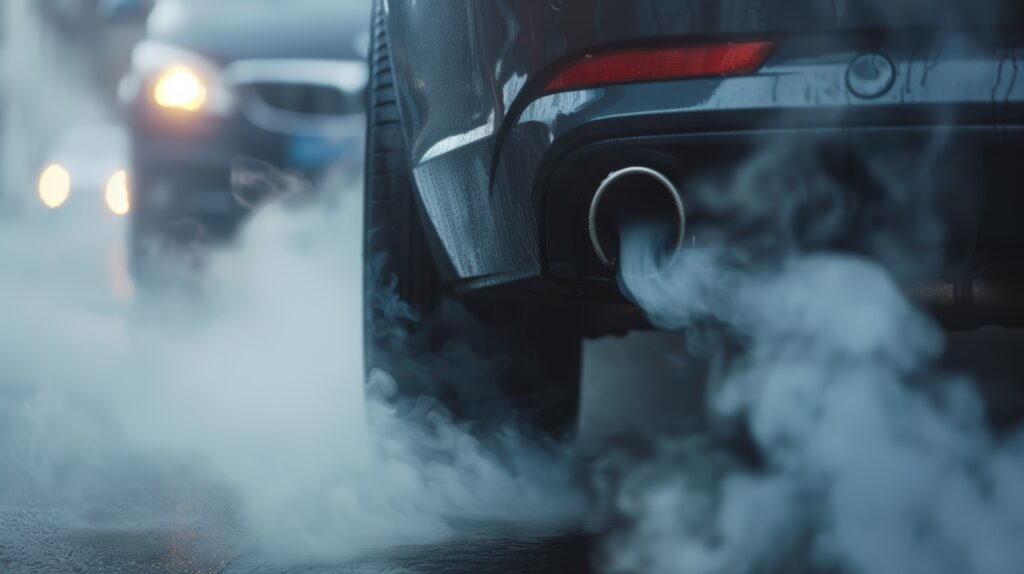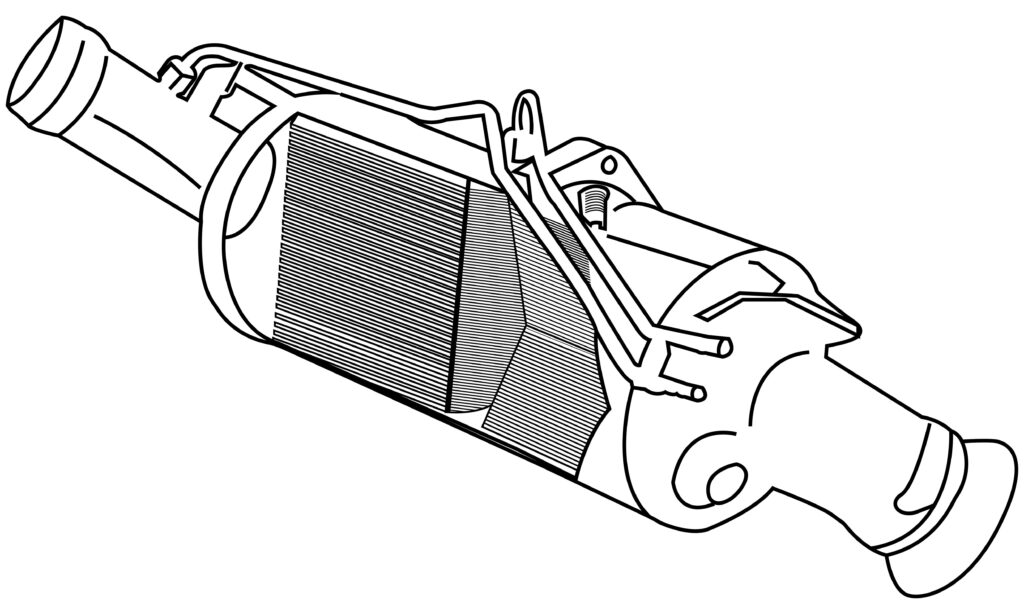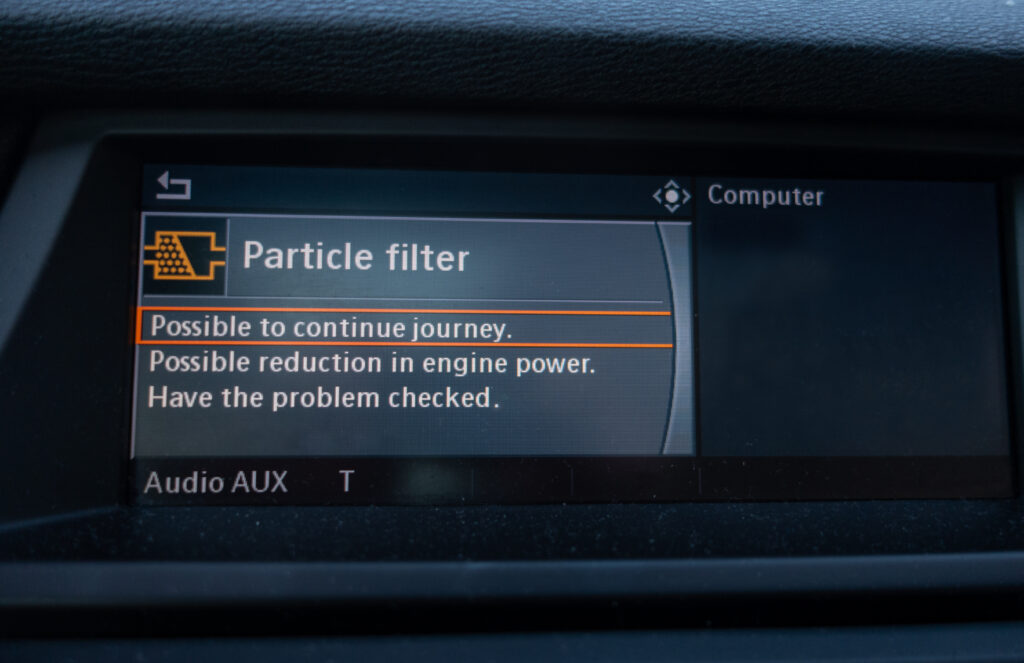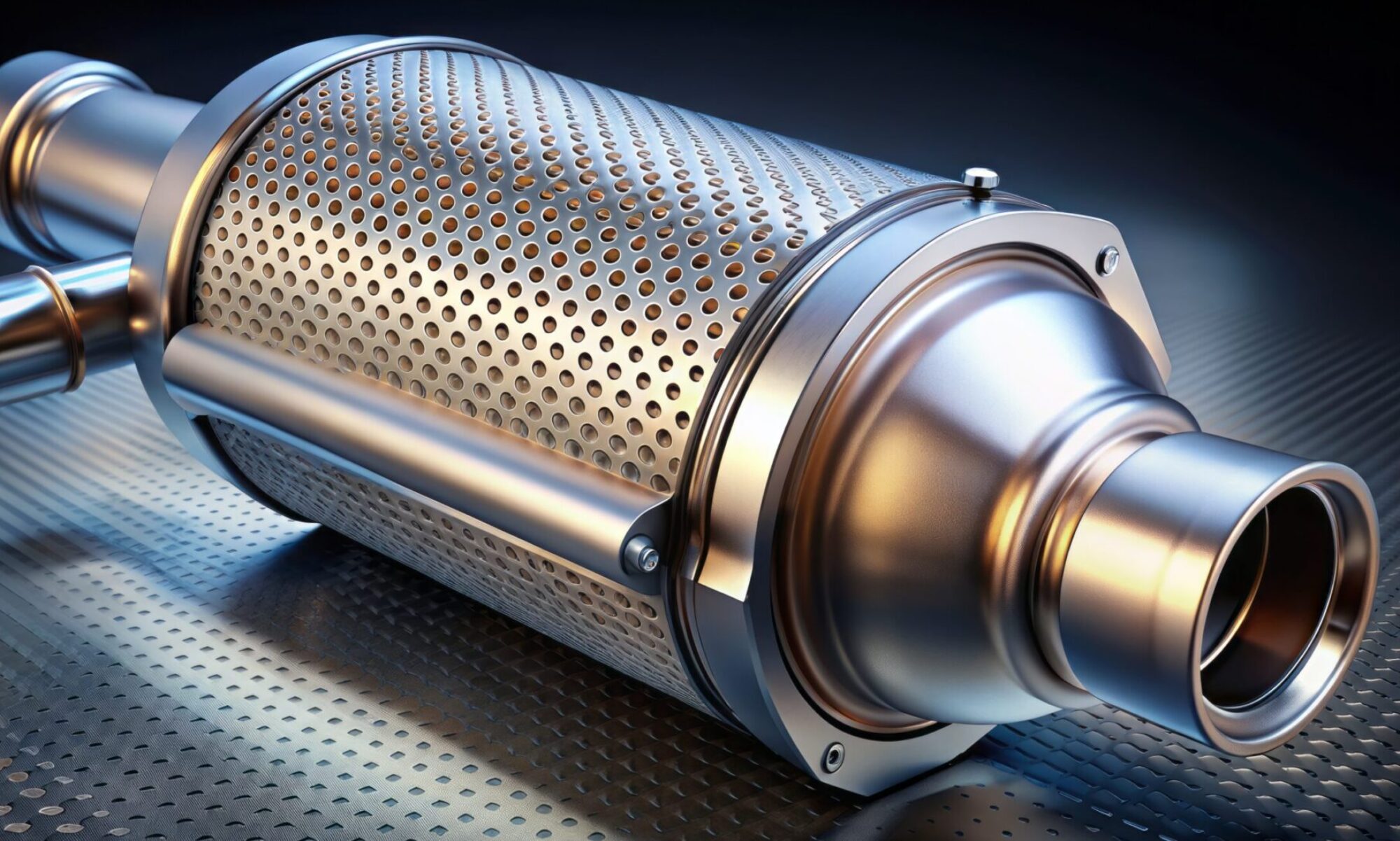A DPF stands for Diesel Particle Filter. It’s a component in diesel engines
designed to trap and remove soot and other harmful particulate matter from the
exhaust gases. The DPF helps reduce harmful emissions, making diesel engines
cleaner and more environmentally friendly.
Over time, the DPF collects these particles, and it needs to be cleaned or
“regenerated” to prevent it from becoming blocked. If it gets too clogged, the engine
can lose power, run less efficiently, or even cause damage to other components.
That’s where services like DPF cleaning come in, helping to restore the filter to
proper working order.

How Does a DPF Work?
The DPF is a porous ceramic filter located in the exhaust system. Its primary function is to trap and hold fine particles before they are released into the atmosphere. Over time, as these particles accumulate, the filter undergoes a process called regeneration to burn off the soot and convert it into less harmful substances like carbon dioxide and water. There are two main types of regeneration:
1. Passive Regeneration: This occurs automatically during regular driving conditions when the exhaust temperature is high enough to burn off the soot naturally.
2. Active Regeneration: When driving conditions do not produce sufficient heat, the vehicle injects additional fuel to raise the exhaust temperature and trigger the regeneration process.


Why is it important?
The DPF is essential for reducing air pollution and protecting public health. It helps
lower the emission of fine particles that can contribute to respiratory and
cardiovascular diseases. Furthermore, it ensures compliance with strict emissions
regulations, making diesel engines more environmentally friendly.
Maintenance and Challenges
Although DPFs are highly effective, they do require regular maintenance to keep
them performing at their best. A clogged filter, often caused by infrequent
regeneration cycles or the use of low-quality fuel, can lead to poor engine
performance and increased fuel consumption. To keep the DPF running efficiently,
it’s important to drive at higher speeds occasionally, as this helps ensure the filter
regenerates properly. In more severe cases, a clogged DPF may need to be
professionally cleaned or replaced.

